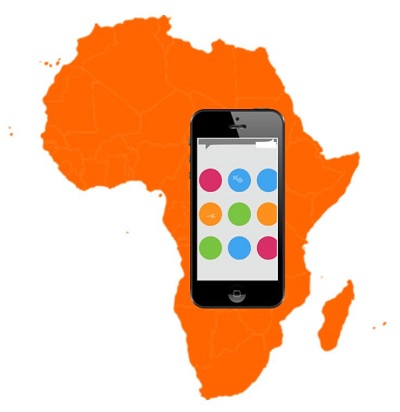Intel steps into the field of wearable devices with acquisition of Basis Science
Wearable technology has become a hot issue. Technology firms around the world have begun investing in the research and development of smart watches and other sorts of wearable devices that may become popular with consumers in the future. Intel is one such firm, and the company has recently finalized the acquisition of Basis Science, makers of health tracker technologies. Health has become a popular field for wearable devices due to the increasing mobility of consumers. These devices could be helpful for people that want to keep track of information concerning their day-to-day health.
Basis attracts attention from technology firms for its wearable device
Basis suggests that it has been approached by various technology companies in February, all seeking acquisition. Interest from these firms is largely focused on the company’s Basis Health Tracker, which is a watch that keeps track of a user’s heart rate and other information. The watch is the only product that Basis has produced, but it has become quite popular because it exists as a convenient solution for those that are health-oriented.
Intel intends to establish a presence in the emerging wearable device market
 Intel has a strong interest in wearable devices because of trends that have begun to emerge among consumers. Google Glass has managed to highlight the interest that consumers have in wearable devices. These augmented reality glasses have generated a great deal of hype and have also shed light on similar products being developed by other technology firms. The demand for smart watches is also on the rise and Intel is keen to ensure that it can establish a noticeable presence in an emerging market.
Intel has a strong interest in wearable devices because of trends that have begun to emerge among consumers. Google Glass has managed to highlight the interest that consumers have in wearable devices. These augmented reality glasses have generated a great deal of hype and have also shed light on similar products being developed by other technology firms. The demand for smart watches is also on the rise and Intel is keen to ensure that it can establish a noticeable presence in an emerging market.
Wearable devices may not replace smartphones any time soon
Some firms have suggested that wearable devices will eventually replace smartphones and tablets. The issue, however, is that wearable devices are still in a state of infancy. They do not have the technical abilities needed to dethrone smartphones as t he favored mobile device among consumers. In the future, this may change, but wearable devices may currently be little more than a gimmick.


